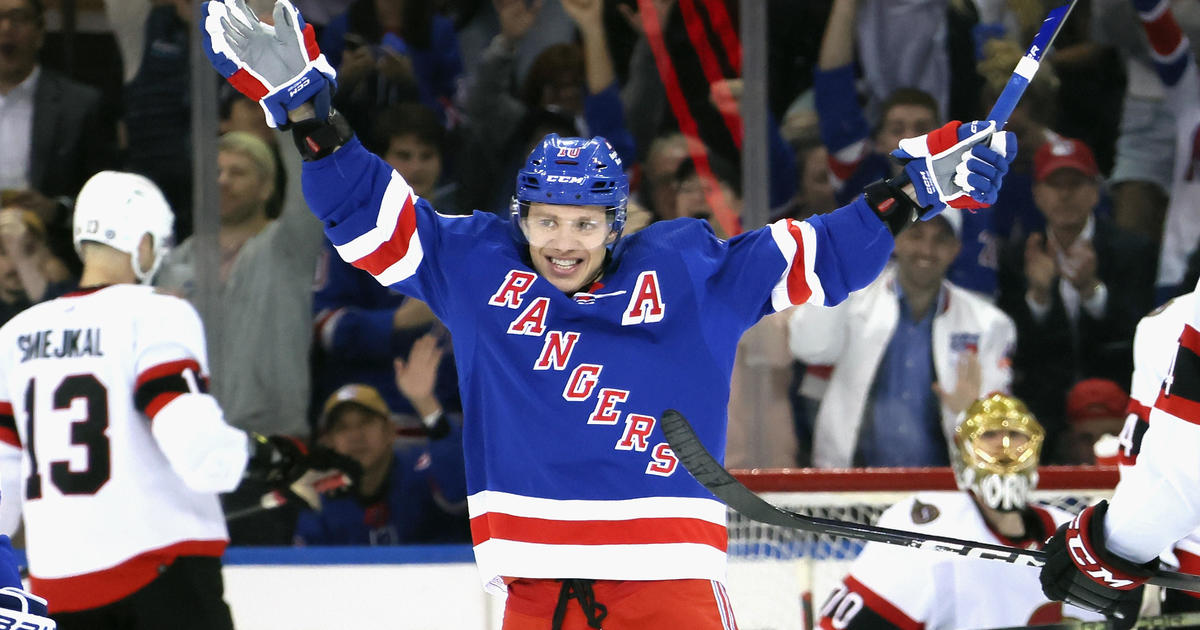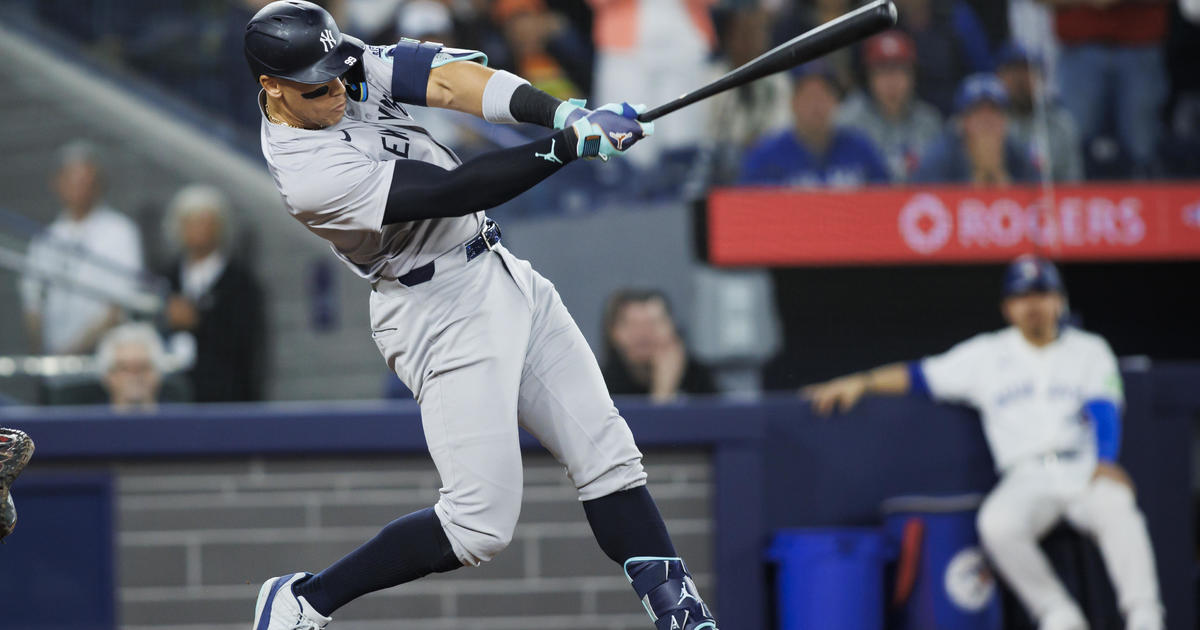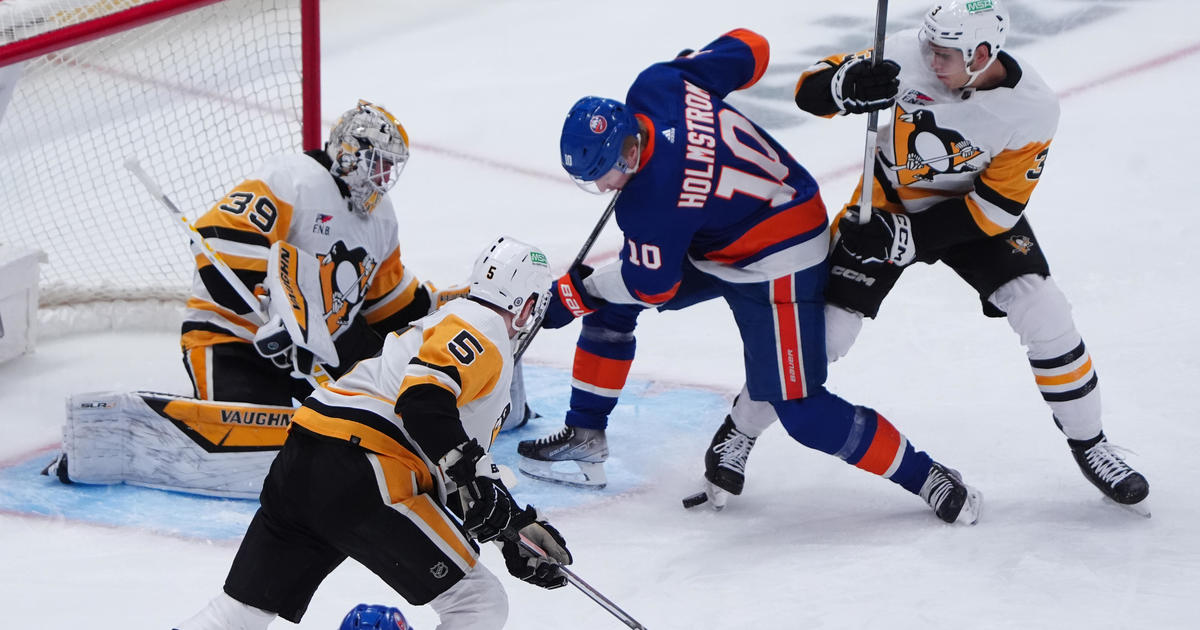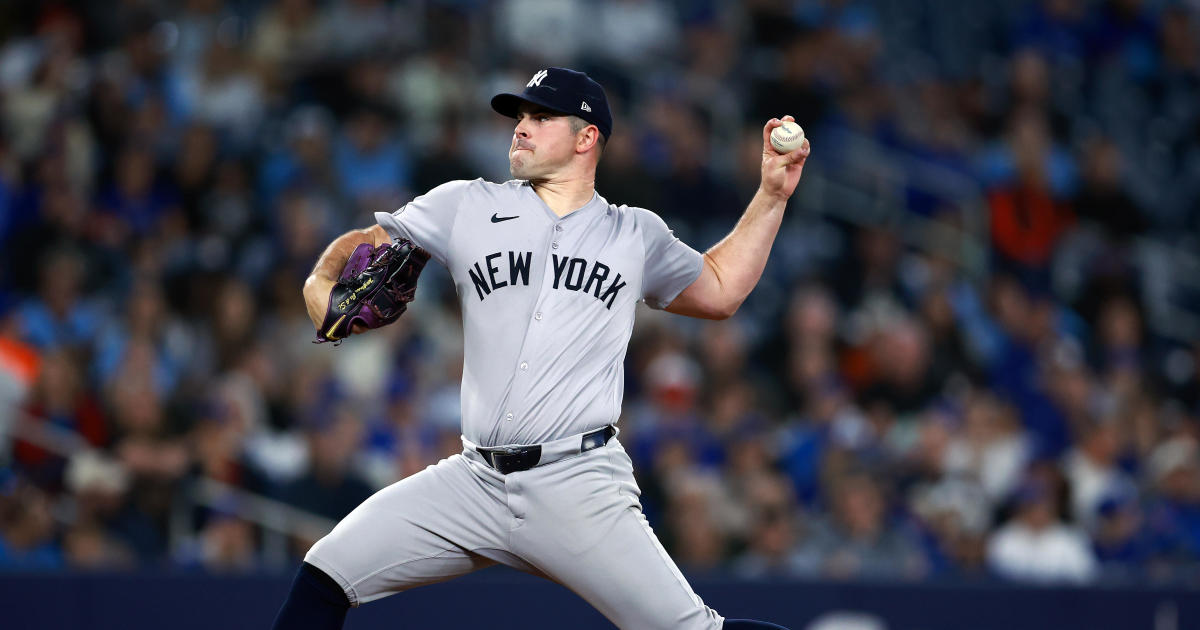Keidel: Spirit Of St. Louis
By Jason Keidel
» More Columns
It feels incongruous and sad put a post-mortem a baseball season with so much life, to go from frantic and fantastic to flat-line in a few frigid hours. The exclamation point was speared into the Bush Stadium diamond in a sparkling St. Louis, the de facto capital of our pastime, where the legendarily genteel fans are friends of foes.
Not only did relative paupers – the Cardinals had about half the Yankees' payroll – pounce on the trophy, but the entire postseason was an homage to the proletarian, a middle-finger to the famous, fabulous, and filthy rich (See: Yankees and Red Sox). None of the top nine payrolls made either LCS.
A shame I didn't write it here, but I picked the Cardinals to win in six, though I had no confidence in Game 6, after the first, breathless comeback in the ninth was muted by Josh Hamilton in the tenth.
Hamilton caused quite a rumble when he declared that God gave him the green light on that home run, understandably ruffling a few feathers of those who think the deity has more noble tasks than blessing a bat in a meaningless baseball game. But no one can doubt that the World Series – the first to reach a full seven contests in a decade – was a godsend.
It had all the bona fides of a classic Fall Classic. We had the clutch pitching of Chris Carpenter, Pujols (appropriately branded Prince Albert) becoming the third man with three homers in a World Series game, and the bookend on any historic World Series: autumn's anonymous role player morphing into dragon slayer. David Freese fit the role quite adroitly. Freese hardly hit like his last name, bringing a scalding swing and the MVP to the secondary home of the title (the Bronx, with 27, has long lapped the competition). Allen Craig replaced the lone Cardinal who didn't want to be there. (Was I the only one who saw Matt Holliday's cleats trembling in the batter's box?)
Speaking of the Bronx, the formerly portly Lance Berkman, who gave new meaning to plate appearances last year and made the world wince with every at-bat on River Ave, became a beast in St. Louis. (I would have named Berkman the MVP, though few can doubt Freese's qualifications.) The switch-hitter hit .412 with a stratospheric, .516 on-base percentage.
I didn't pick the Cardinals based on any empirical evidence. They were merely on one of those ridiculous runs we see in sports – the team with no business sniffing the playoffs sneaking in and making it their personal, campy screenplay. Not even Stephen King could have conjured this run, with St. Louis 10.5 games back with 31 to play, and 7.5 back with 20 to play, then leapfrogging Atlanta (who did plenty to help the Cards) to meet their presumed Grim Reaper – the Philadelphia Phillies, who dealt four aces in October, perhaps the best staff since the '71 Orioles had four starters with 20 wins. The Phillies learned that no fastball beats destiny.
And as with any remarkable run, the story of the loser is just as gripping as the winner. Texas, the first team since Torre's Yankees to reach the World Series in consecutive seasons, was on the tip of a title – up two runs with two outs and two strikes – only to fail in painfully public and historic ways. Mike Napoli, who was abandoned by Mike Scioscia (formerly a catcher and normally a fine judge of catchers and characters), would have won the MVP had the Rangers found that third strike from Feliz.
Ron Washington, the humble and quite likeable skipper, was caught with cocaine in his urine, yet Texas gave him a second chance. His best player, Hamilton, took Eric Clapton's ballad ("Cocaine") to new heights during a three-year crack binge, before beginning an unprecedented comeback, equal parts Rocky and The Natural (and the impossible). His team sprays ginger ale after big wins to honor his sobriety. The deity has a curious sense of humor if it indeed boosted his bat only to ordain a loss the next inning.
Even the most jaded devotee knew the Rangers were roasted after letting Game 6 slip through their gloves. Just as in 1986, after the Mets stunned the Red Sox in Game 6, Boston and Texas jumped out to leads in Game 7. In each case it was cosmetic. You wouldn't be human if you weren't lugging a losing shadow with you to the ballpark after seeing your childhood dreams float with Freese's home run toward the thousands of towels spun by the hometown crowd.
The kneejerk cliché after a spellbinding series is to say no one really lost. But we know that's not true. And it is that truth – the cold calculus of the final score – that makes baseball so beautiful. Beyond the sport's quirks (no time clock, no two parks housing the same seats and outfield dimensions), it eschews the political correctness of social justice.
One team indeed won, crowning our era's best manager (Tony La Russa) the nation's best baseball town (St. Louis), and a game where guts (physical and figurative) are still celebrated. The 2011 season added another layer of charm to our pastime – where charisma, character, and characters are measured by a scoreboard with no clock, even as we set our clock toward pitchers and catchers.
Feel free to email me: Jakster1@mac.com



